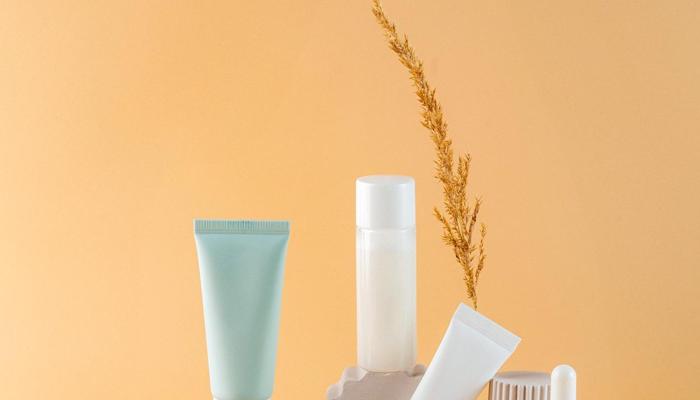Unraveling Skincare Myths: Discover the Truth Behind Radiant Skin! Dive into the myths debunked to ace your skincare game
We Indians, we are always looking for that glowing skin, no? From grandma's haldi
ubtan to the latest creams from videsh, we try everything! But how much of what we hear is actually true? Let's bust some common skincare myths and learn what actually works for our desi skin.
Protect your skin with sunscreen daily, rain or shine
Arre, this is a big one! Many people think, "No sun, no problem!" But even on cloudy days, up to 80% of the sun's harmful UV rays can still reach your skin. These rays are the main cause of premature aging, wrinkles, and even skin cancer. So, rain or shine, sunscreen is a must!

Look for a broad-spectrum sunscreen with an SPF of 30 or higher. Apply it liberally 15-20 minutes before going out, and reapply every two hours, especially if you're sweating or swimming. Don't forget your ears, neck, and hands too!
Oily skin needs hydration with the right moisturizer
Now, this is where many oily skin types go wrong. Thinking that moisturizer will only make their skin more oily, they skip it altogether. But the truth is, even oily skin needs hydration. When your skin is dehydrated, it can actually produce more oil to compensate, leading to breakouts.
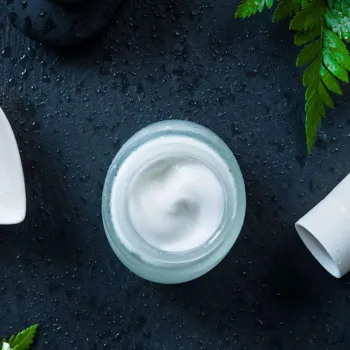
The trick is to choose the right moisturizer. Opt for a lightweight, oil-free, and non-comedogenic formula. These types of moisturizers hydrate the skin without clogging pores.
Look for ingredients like hyaluronic acid, which attracts moisture from the air, or aloe vera, known for its soothing properties. A good moisturizer will balance your skin's oil production, leaving it healthy and glowing.
Price doesn't guarantee quality; focus on ingredients for skincare
Just because a product has a hefty price tag doesn't automatically make it the best. Marketing and fancy packaging can often inflate the price, but the actual ingredients and their effectiveness might not be superior to a more affordable option.
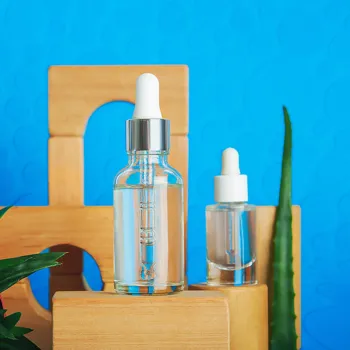
Instead of being swayed by price, focus on the ingredient list and research which ingredients are proven to address your specific skin concerns. Look for products that contain ingredients like vitamin C for brightening, retinol for anti-aging, or salicylic acid for acne.
Don't hesitate to read reviews and ask for recommendations from friends or a dermatologist. Remember, what works for one person might not work for another, so it's all about finding the right fit for your skin type and budget.
Over-exfoliating harms skin, stick to 2-3 times weekly with gentle products
Over-exfoliating can actually damage your skin's protective barrier, leading to dryness, irritation, and even breakouts. While exfoliation is important for removing dead skin cells and revealing brighter skin, it should be done in moderation.
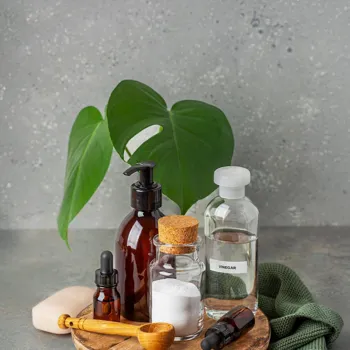
For most skin types, exfoliating 2-3 times a week is sufficient. Use a gentle scrub or chemical exfoliant like AHAs or BHAs. Avoid harsh scrubbing motions, and always follow up with a moisturizer to replenish the skin's hydration.
If you have sensitive skin, start with exfoliating only once a week and gradually increase frequency as tolerated. Listen to your skin and adjust your routine accordingly.
Toothpaste can harm skin, use acne spot treatments with benzoyl peroxide or salicylic acid
This is one of the oldest tricks in the book, and while it might seem to work initially, it's not a good long-term solution. Toothpaste can dry out the pimple, but it also contains harsh ingredients like baking soda and menthol that can irritate and damage the surrounding skin.
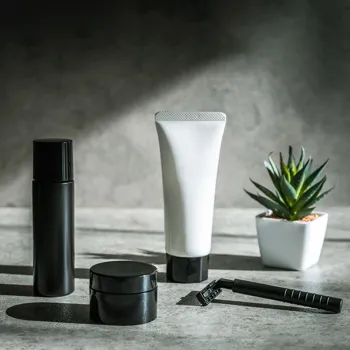
This can lead to redness, inflammation, and even scarring. Instead of toothpaste, opt for spot treatments specifically formulated for acne. Look for products containing benzoyl peroxide or salicylic acid, which help to kill bacteria and unclog pores.
Apply a thin layer to the affected area only, and avoid getting it on healthy skin. Consistency is key, so stick to your spot treatment routine and be patient.
Natural" and "organic" labels don't guarantee safety or effectiveness for skin care
The terms "natural" and "organic" can be misleading. Just because a product is labelled as natural or organic doesn't automatically mean it's better or safer for your skin. These terms are often unregulated, and some "natural" ingredients can actually be irritants or allergens.
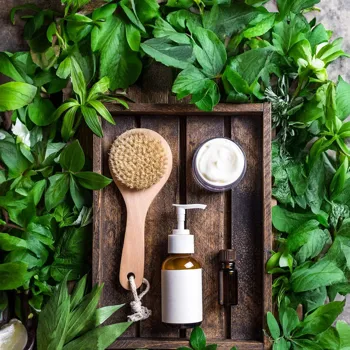
It's important to read the entire ingredient list and do your research, even for products marketed as natural or organic. Look for products that are free of harsh chemicals like parabens, sulfates, and artificial fragrances, as these can be irritating to the skin.
Ultimately, the best product is one that works well for your skin, regardless of whether it's labelled as natural, organic, or conventional. Consulting a dermatologist can help you identify your skin type and choose products that are safe and effective for your specific needs.
AI Generated Content. Glance/InMobi shall have no liability for the content